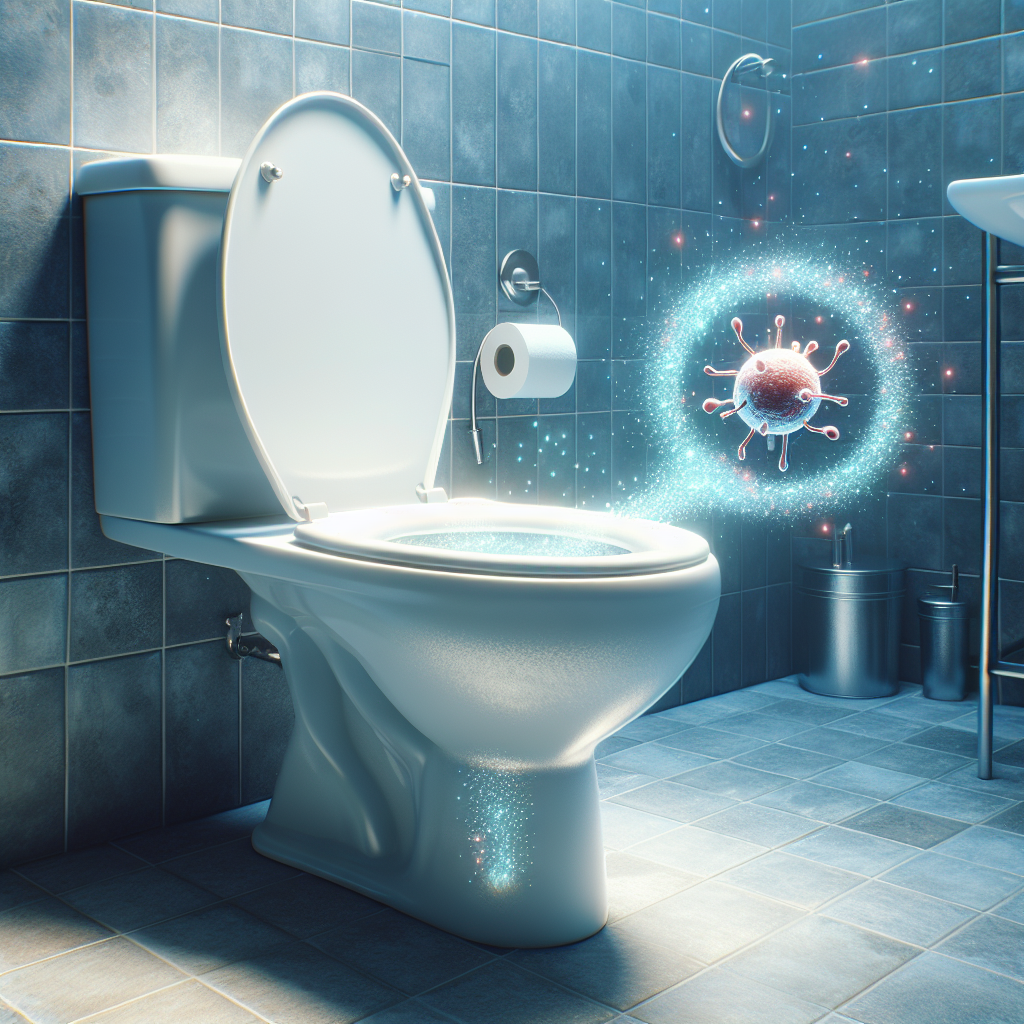Introduction
Urinary tract infections (UTIs) are a common health concern for many individuals, particularly women. If you’ve ever had a UTI or know someone who has, you may have wondered if they are contagious. One common question that arises is whether UTIs can be contracted from toilet seats. In this article, we’ll explore this question and provide you with important information on UTIs and how to prevent them.
Table of Contents
-
1. Understanding UTIs
-
2. Can UTIs Be Contracted from Toilet Seats?
-
3. How to Prevent UTIs
-
4. Key Takeaways
-
5. Frequently Asked Questions
-
6. Conclusion
1. Understanding UTIs
Before we delve into whether UTIs are contagious from toilet seats, let’s first understand what a UTI is. A urinary tract infection occurs when bacteria enter the urinary tract, which includes the bladder, urethra, kidneys, and ureters. This can lead to symptoms such as a frequent urge to urinate, pain or burning during urination, cloudy or strong-smelling urine, and pelvic pain.
2. Can UTIs Be Contracted from Toilet Seats?
The good news is that UTIs are typically not contagious and cannot be contracted from toilet seats. UTIs are primarily caused by bacteria that are already present in the individual’s own body, such as E. coli, which is commonly found in the gastrointestinal tract. The most common way that bacteria enter the urinary tract is through the urethra, which is the tube that carries urine from the bladder to outside the body.
While sitting on a toilet seat, there is a minimal risk of bacterial transmission. Bacteria from the skin or genital area can come into contact with the toilet seat, but the chances of these bacteria causing a UTI are extremely low. The skin acts as a protective barrier, and the bacteria that cause UTIs are typically not found on the skin’s surface.
It’s important to note that UTIs can be spread through sexual activity, as bacteria can be introduced into the urethra during sexual intercourse. However, using proper hygiene practices, such as urinating before and after sexual activity, can help reduce the risk of UTIs.
3. How to Prevent UTIs
While UTIs are not typically contracted from toilet seats, there are still important steps you can take to prevent UTIs altogether. Here are some tips:
- Stay hydrated: Drinking plenty of water can help flush out bacteria from the urinary tract.
- Practice good hygiene: Wiping from front to back after using the toilet can help prevent bacteria from the anal area from spreading to the urethra.
- Urinate regularly: Holding in urine for extended periods can increase the risk of UTIs, so it’s important to urinate when you feel the need.
- Empty your bladder before and after sexual activity: This can help flush out any bacteria that may have entered the urethra during intercourse.
- Avoid irritating feminine products: Certain products, such as scented sprays or douches, can disrupt the natural balance of bacteria in the vaginal area and increase the risk of UTIs.
By following these preventive measures, you can significantly reduce your risk of developing a UTI and maintain good urinary tract health.
4. Key Takeaways
- UTIs are typically not contagious and cannot be contracted from toilet seats.
- UTIs are primarily caused by bacteria already present in the individual’s body, and the most common way bacteria enter the urinary tract is through the urethra.
- Proper hygiene practices, such as wiping from front to back and urinating before and after sexual activity, can help reduce the risk of UTIs.
5. Frequently Asked Questions
Can UTIs be spread through toilet paper?
No, UTIs cannot be spread through toilet paper. The bacteria that cause UTIs are typically not found on the surface of the skin or toilet paper.
Can UTIs be spread through swimming pools or hot tubs?
No, UTIs cannot be spread through swimming pools or hot tubs. The chlorine in these water sources helps kill bacteria, reducing the risk of UTIs.
Are men at risk of UTIs?
While UTIs are more common in women, men can also get UTIs. However, they are less likely to develop UTIs due to differences in anatomy.
6. Conclusion
In conclusion, UTIs are not contagious and cannot be contracted from toilet seats. While sitting on a toilet seat carries a minimal risk of bacterial transmission, the bacteria that cause UTIs are typically not found on the skin’s surface. By practicing good hygiene and following preventive measures, you can significantly reduce your risk of developing a UTI. Remember to stay hydrated, practice proper wiping techniques, and urinate regularly. By taking these simple steps, you can maintain good urinary tract health and reduce the likelihood of developing a UTI.




